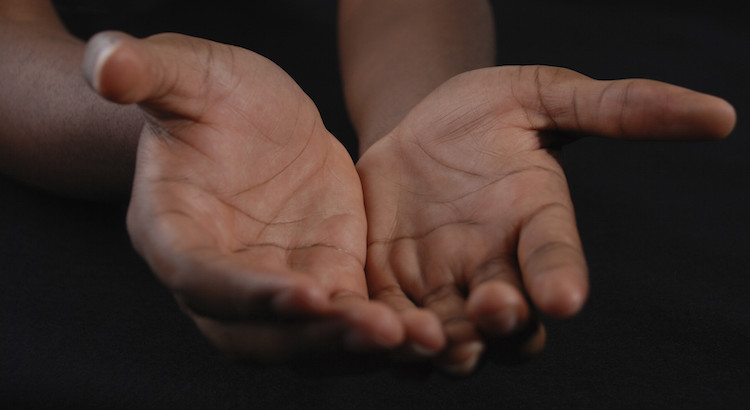Understanding Step Eleven

In Step Eleven, we focus on how to consciously improve our contact with our Higher Power, the Power greater than ourselves that we have identified according to our own understanding in earlier steps. It is suggested in Step Eleven that we stay in touch with our Higher Power using prayer and meditation.
Some of us may resist the idea of praying or meditating because we are still struggling to get in the habit of relying on our Higher Power. In this step, as in earlier steps, this power doesn’t have to be a God that is affiliated with a church, although this type of Higher Power is the core of recovery for some people.
Our Higher Power can be the group itself, nature, the universe or a spiritual force we can’t quite define. The definition of our Higher Power isn’t important. What is important is that we rely on a power greater than ourselves however we understand that power, and that we continually remind ourselves to reflect each day on the idea that something or someone larger than we are is the reason we are sober.
Is There Power in Prayer?
For those of us who resist the idea of believing in an actual God, the idea of prayer may feel uncomfortable or pointless. Many of us are angry at a God who would allow so much suffering in the world or a God who may have even allowed our own suffering. When we hear we should pray to a God who has let us down so much in the past, we may feel we can’t.
For others of us, prayer is the core of recovery. Some of us are able to frequently touch base with the God of our understanding, asking for guidance, strength or the well-being of others. Whatever happens in our lives, good or bad, we bring it to the Higher Power of our understanding. Those of us who belong to this group wouldn’t live without prayer any more than we would live without food or water. We believe there is power in prayer.
Developing the Habit of Prayer
Twelve-step programs are a new way of life for many of us. We hear people suggest that we should have an open mind and give prayer a try. If we can come up with the willingness to pray, we have crossed the first hurdle.
But the next challenge is what we should say when we pray. Some of us are confused about this and have no idea how to pray. This is a personal decision, but we may be able to get suggestions from others who value the habit of prayer. We will learn that the greatest inner peace will come from asking to know and do God’s will. We ask for help each day staying away from a drink, a drug or a substitute. We ask to be of use to those around us and to give love and comfort to others whenever we can.
The Practice of Meditation
Many of us believe that prayer is talking to God and that meditation is listening for guidance. There are different ways to practice meditation. Most involve calming the mind by focusing, often on the breath. It’s a way of pulling inward to step back from the noisiness and demands of the outside world. By practicing meditation, we can calm our minds and listen for guidance in the stillness.
We can learn to relax and strive for inner peace. We imagine ourselves in a place and time that is soothing to us, such as the beach or a beautiful flowering garden. We pull our wandering thoughts back into just this day and just this moment. Today is gone and tomorrow hasn’t arrived yet. We only have today, and it is our greatest gift.
We allow ourselves to savor the sense of gratitude that we are sober, and even though we may not have what we want, we definitely have what we need.
These spiritual practices may not come naturally at first, but we have the freedom to find our own path. We can find the way that works for us, and by using prayer and meditation, we continually grow closer to experiencing real peace of mind.
Article Categories
- 12 Steps
- Addiction in the Family
- Addiction Infographics
- Alcohol Addiction
- Articles
- Drug Addictions
- Drug Rehab Center News
- Helpful Articles
- Holidays & Substance Abuse
- Mental Health & Addiction
- Real Life Addiction Stories
- Recovery Testimonials
- Relapse Prevention
- Substance Abuse Prevention
